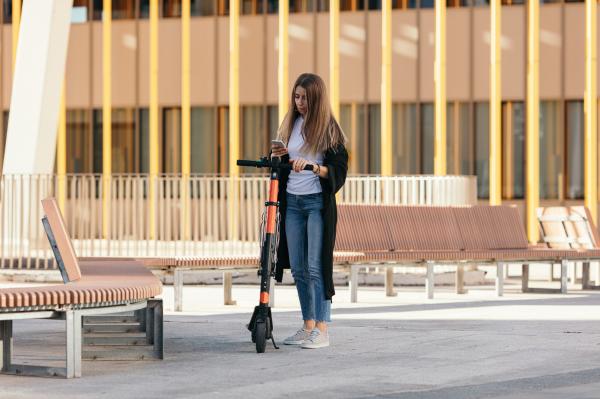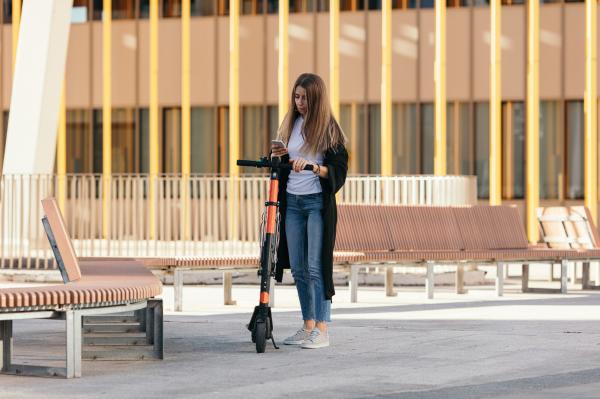Rebound Effects of the Sharing Economy
Although not new, a sharing economy is one of the most promising developments to decrease the use of our finite resources. Yet, only a small proportion of society is so far actively participating in sharing. This project delivers insights into drivers and barriers of sharing behaviour and answers the question of whether rebound behaviours limit the positive environmental effects of sharing.

Background
Peer-to-Peer sharing (P2P) describes the borrowing and lending of items between individuals. This project studied the drivers, barriers, and effects of sharing activities, focusing on P2P sharing platforms. The overarching goal was to identify measures that support sharing platforms in boosting their positive impact on the environment by increasing sharing behavior and decreasing potentially negative rebound effects caused by individuals who have additional spending power due to their sharing activities.
Aims
Overall, this research project sought to understand i) why consumers engage in P2P sharing, (ii) why non-users do not engage in P2P sharing, (iii) what the drivers of the rebound effect are, (iv) how P2P sharing can be promoted, and (v) how the rebound effect can be reduced.
Results
Reasons for and against P2P sharing
A systematic literature review and large-scale survey show that consumers mainly engage in P2P sharing for economic, social, and environmental reasons. With regard to consumer resistance to P2P sharing, our survey indicates that usage barriers, value barriers, and functional risks are the main impediments to P2P sharing. This includes non-users who are used to consuming products in traditional ways and non-users who cite P2P sharing as not worth their time, effort, or money. Lastly, it also includes non-users who worry that something might go wrong in the process, especially when lending objects.
Moral licensing post-sharing and rebound effects
Regarding the drivers of the rebound effect, we find that moral licensing plays an important role in post-sharing consumption. Our large-scale survey demonstrates that users who use P2P sharing for economic and social reasons, engage in moral licensing. This means that P2P sharing liberates these users to spend the financial resources they have saved due to sharing, on other, potentially more resource-intensive ways. On the contrary, environmentally motivated users do not engage in moral licensing. When it comes to promoting the use of P2P sharing, our experiments show that measures targeting consumers’ intrinsic motivation via “eco-messages” (information on potential CO2 savings when sharing instead of buying products) are most effective. The second most effective measure is integrated insurance of the products against damages. Finally, measures to reduce resource-intense rebound consumption, such as tips on how to consume sustainably or monetary incentives, did not show significant effects. Thus, we find that reducing the rebound effects of sharing is a larger challenge than expected.
Implications for research
The project results provide an in-depth understanding of consumer behavior in the context of P2P sharing. We provide a holistic view and advance the discussion on drivers and barriers of the sharing economy, in particular the sharing of consumer goods. The results also provide the basis for even more granular research into causal relationships of specific interventions and their effect on sharing and rebound behavior of individual consumers.
Implications for practice
The project delivers unique insights that enable providers of P2P sharing platforms to purposefully advance their product design, business model, and integration of value-adding services. Based on the results of our project, we have designed and tested interventions that help platforms lower barriers for potential users and increase sharing activity.
Publikationen
Project leaders
Prof. Dr. Claudia R. Binder
Institut d'ingénierie de l'environnement, EPF Lausanne
Prof. Dr. Sebastian Gurtner
Institut für Unternehmensentwicklung, Berner Fachhochschule
Prof. Dr. Sofia Ritzén
Machine Design, Industrial Engineering and Management, KTH, Sweden
Project partners
Hygglo
Pumpipumpe
Sharely

